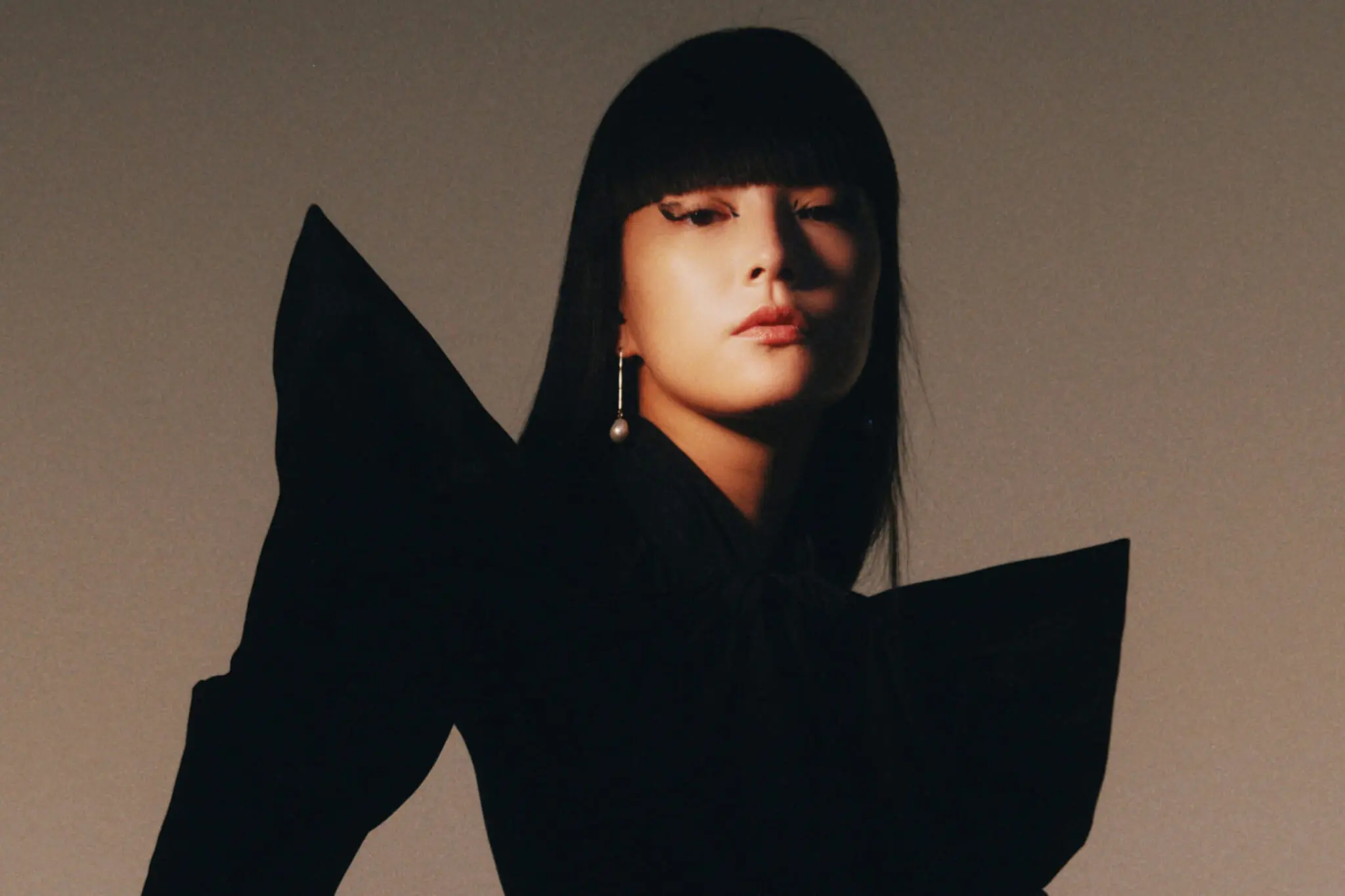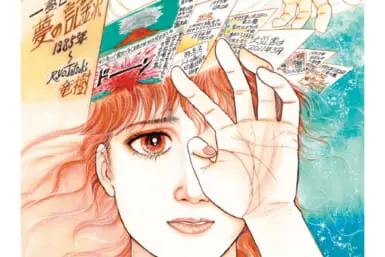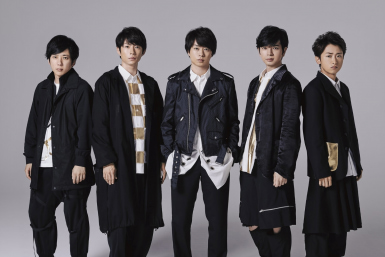This article appeared in Tokyo Weekender Vol. 5.
To read the entire issue, click here.
Blunt bangs, jet-black hair down to her waist, perfectly painted cherry-red lips and eyes winged by knife-sharp liner: Fashion model Kozue Akimoto’s look is simple yet unmistakable. It’s a look that’s become something of a signature over her decade-plus in the industry, in a career that’s spanned continents and mediums. She’s graced the cover of Vogue Japan; she’s appeared on TV and on runways, including one memorable stint at Paris Fashion Week; she’s hosted her own radio program and authored two books … the list goes on.
It’s safe to say that Akimoto has become a major force in the Japanese fashion world. But what makes her so memorable isn’t just her looks. In conversation with her, one is immediately struck by her assurance, with the sense that this is someone with an unwavering commitment to her values and her personal style. Rather than entering the fashion world on its terms, Akimoto carved a place for herself, creating her own definition of what a model should be in the process.
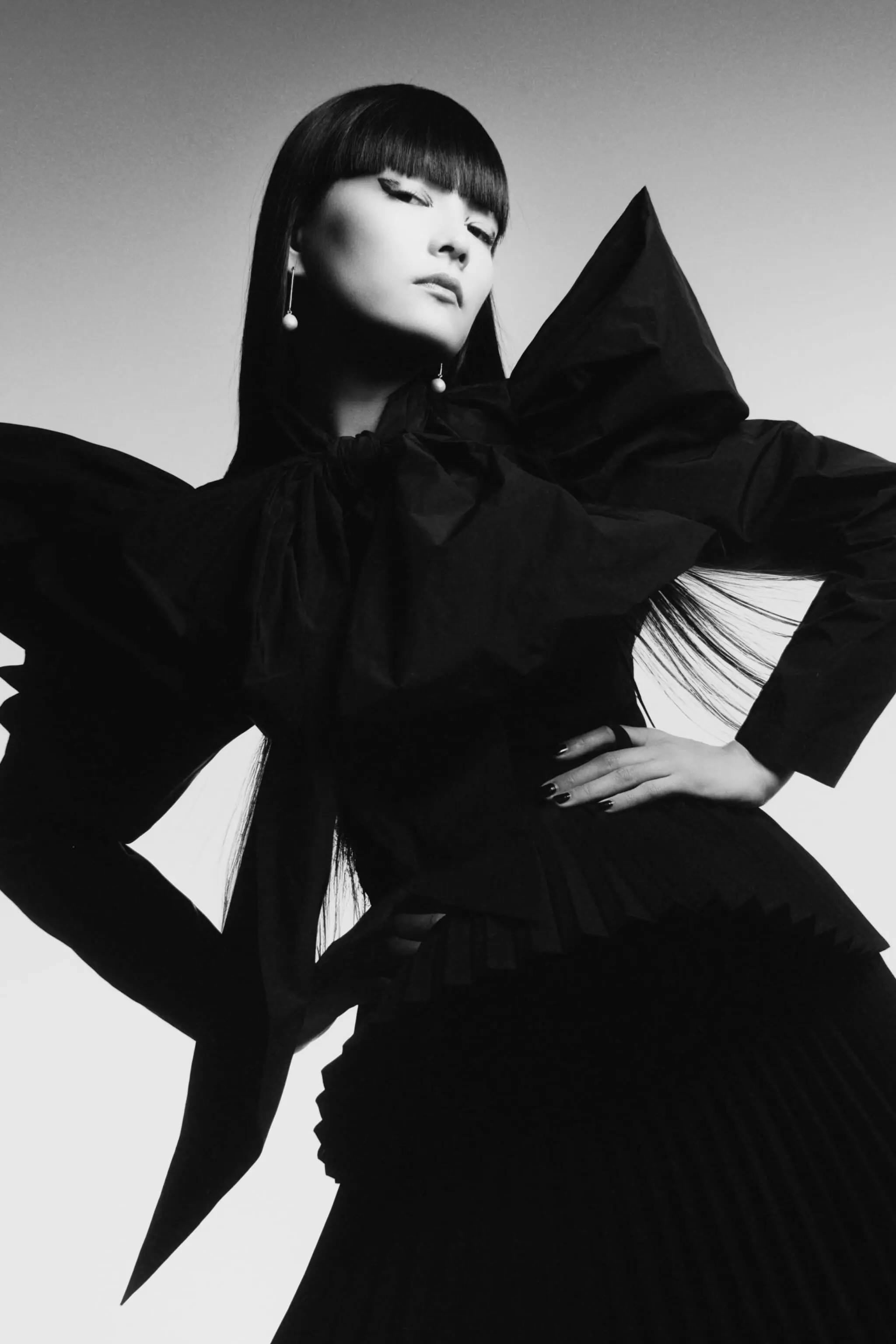
Exclusive Q&A with Kozue Akimoto
TW: How did you get into fashion? Where does your passion for fashion come from?
Kozue Akimoto: I always loved clothes. When I was in elementary school, I would go to Harajuku alone, gripping onto my allowance. When I was in college, I did a few jobs at a salon, which led to being asked to do some shoots. My current agency scouted me around that time and I began modeling. Quite simply, I like clothes — I love my job where I can think about how to style, express and just be involved with fashion.
Did you face any obstacles getting started in the fashion industry?
I received some attention just by having a famous father [Akimoto is the second daughter of Chiyonofuji Mitsugu, the 58th grand sumo champion], but I felt strongly about wanting to pave my own way without depending on my parents. I struggled with the gap between my ideal and my reality.
I had some values I couldn’t compromise, including having my own taste in fashion that differed from my job as a model, where you have to look good in everything. When I first started, I didn’t have any work for two years and had a lot of time on my hands.
The fashion industry has a reputation for being intimidating. Were you ever intimidated or unsure of yourself as you were getting started?
I have never thought of it as being out of reach. Working with professionals and those who are referred to as legends makes me feel honored and highly motivated.
People describe you as an “It Girl.” What do you think makes an It Girl?
I’m not really at the age to be called a “girl” anymore, but I think an It Girl is someone who always stays true to themselves and can express themselves well.
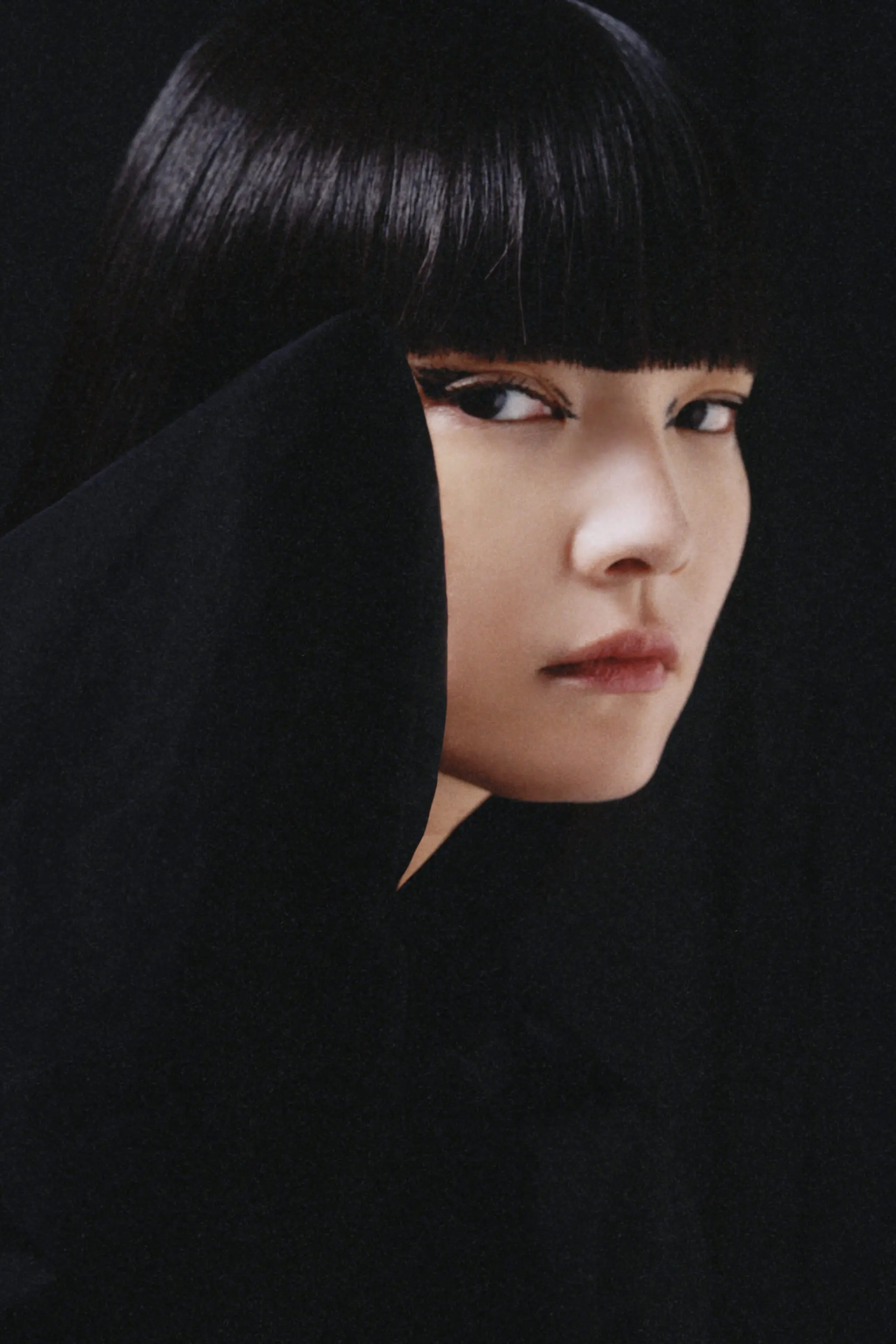
What makes you feel most like yourself?
When I’m wearing clothes I like and doing things I enjoy.
You’ve spent much of your adult life in fashion. How do you think fashion has changed since you first started?
The foundation has always stayed the same, but fashion has gotten more relaxed, in a good way.
Japan has a long history of craftsmanship. How do you find that reflected in Japanese fashion?
I’m not a craftsman myself, but a lot of foreign designers tell me how skilled Japanese craftsmen are. As a Japanese person, I feel proud, but at the same time, I feel sad that we Japanese people have less knowledge compared to international designers.
I believe that excellent craftsmen, whether in Japan or abroad, should be paid considerably for their skills, and that traditional techniques shouldn’t be allowed to die out.
What do you think are the best parts of Japanese fashion? How does it differ from the Western fashion world?
Personally, I really like the Japanese aesthetic of hiding. Overseas, looks are more bold, or show the body’s curves more.
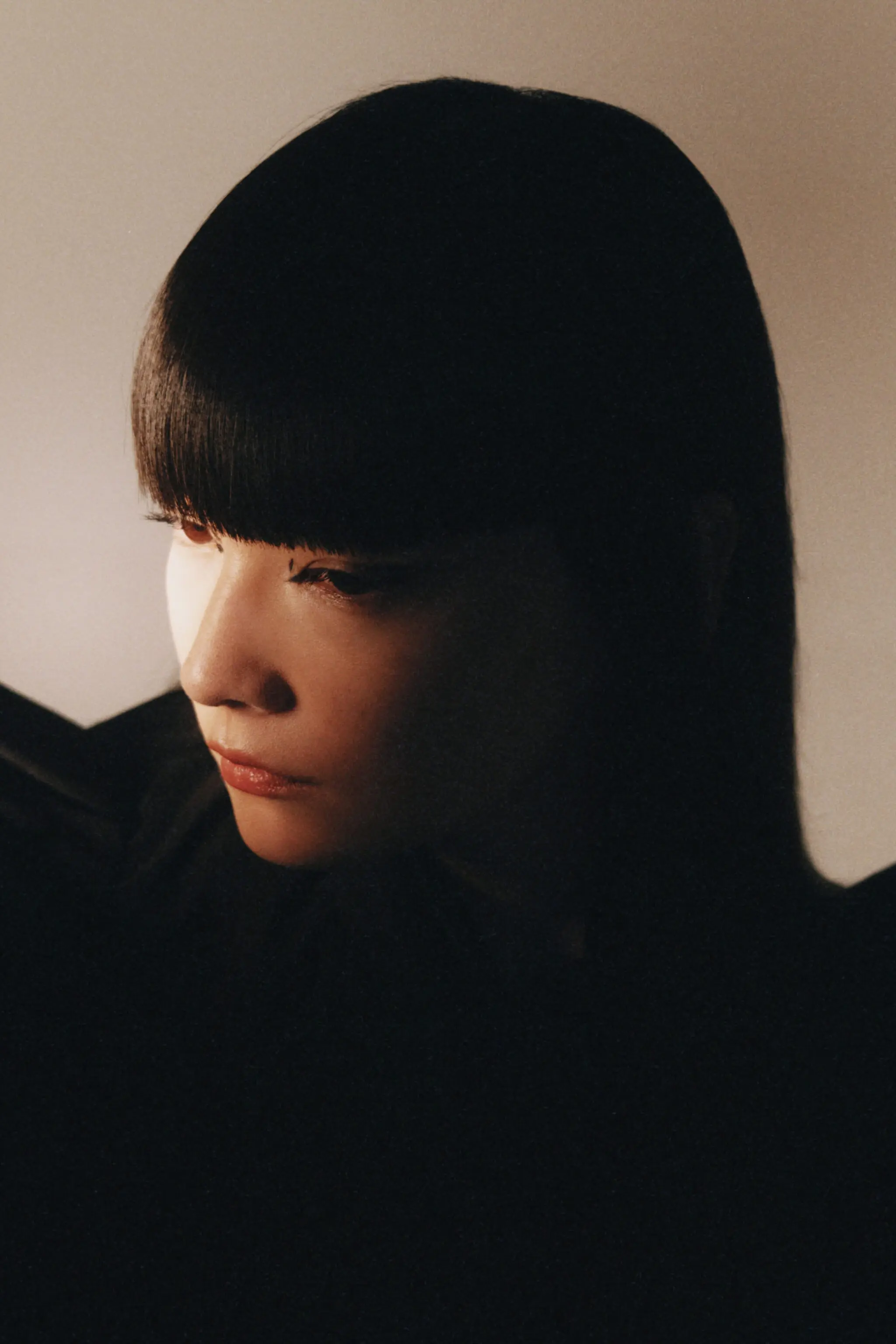 You’ve walked a lot of runways. Do you have a favorite?
You’ve walked a lot of runways. Do you have a favorite?
Walking for Olympia Le-Tan’s show at Paris Fashion Week is by far my favorite runway. Eight years ago, Olympia Le-Tan had a show with the theme of “Japonism,” and I was asked to be a runway model for it. I met Olympia a few years before that show, but apparently, she thought, “The model who embodies Japan is Kozue!”
I’m short, so I never thought I would be able to walk for Paris Fashion Week. I was surprised, but it was such a joyful, special experience. I’m still good friends with Olympia.
Do you have any advice for people trying to make it as a model?
We live in a generation where it’s not just supermodels that can become models. Diversity is welcomed, and a lot of people have the chance to be a model.
I’ve seen a lot of shows, but the models that catch my eye are people who know who they are, are confident and have power in their eyes. It’s important to face your strengths and weaknesses, figure out how to express yourself and understand yourself better than anyone else.
Find Kozue Akimoto on Instagram at @akimoto_kozue

